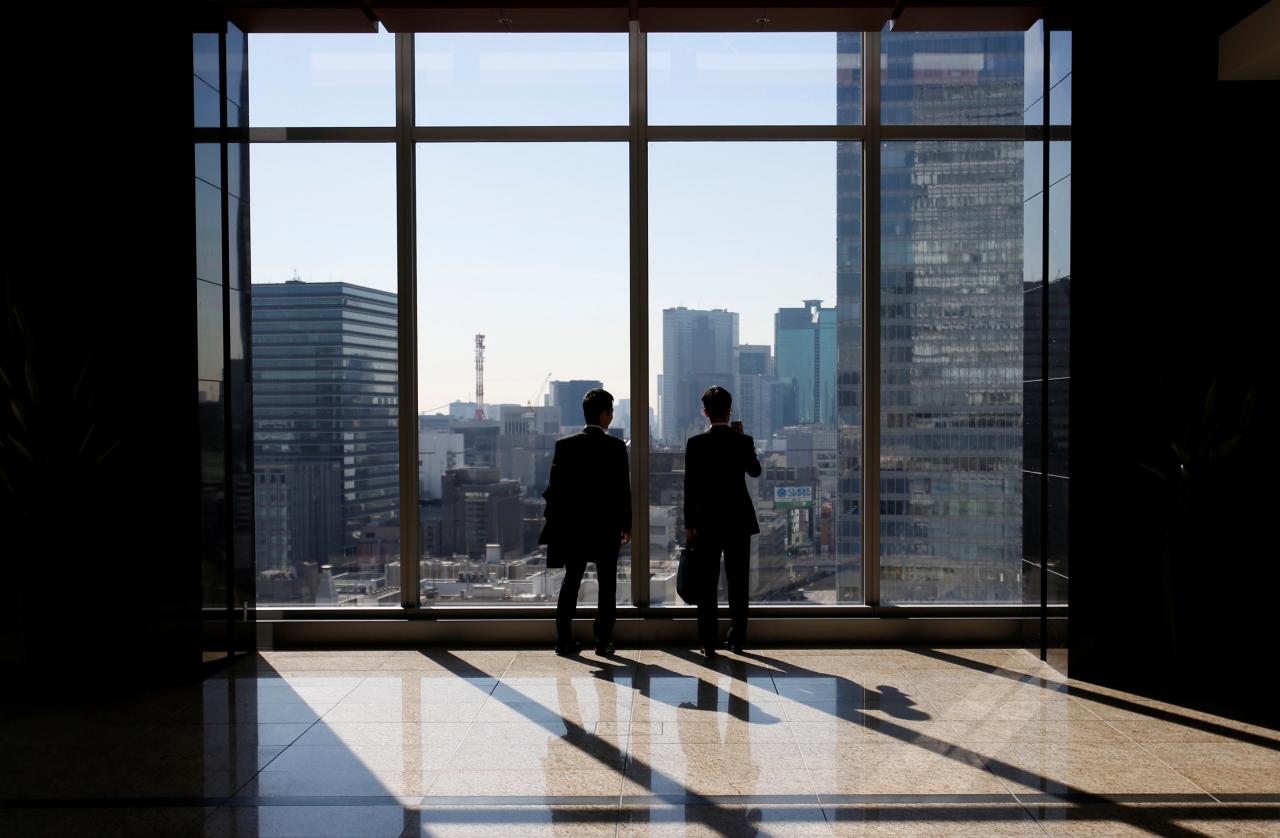
Out of the ten parameters covered in this yearly survey, Pakistan improved its score on six, stayed the same on three and went down on one, with the most advances made on “getting electricity” and “dealing with construction permits”. Most notable is the fact that Pakistan ended up in the top 10 global reformers. The country’s enhanced ranking is not only a testament to the removal of certain regulatory bottlenecks but also a sign of the improving business environment in the country.
However, it also remains a fact that even this marked improvement may not be sufficient to fuel economic growth and bring in much-needed investment.
Despite the significant jump in overall ranking, the two sore points on the EoDB Index remain to be “enforcing contracts” and “getting credit”. Pakistan made no improvement on them at all. As per the report, it still takes about three years and one-fifth of the claim value to resolve a dispute, while getting credit remains cumbersome for the private sector, especially SMEs. The absence of a fully functional credit rating system and a collateral registry impedes access to credit; excessive government borrowing continues to crowd out private credit while the exponential increase in interest rates in recent months has made private borrowing very expensive.
More importantly, much of what the Doing Business survey captures are the dejure rather than defacto regulations, which means that there may be a large gap between what the law states and what businesses actually experience. The First World regulations, when combined with Third World state capability, often fail to get the desired results. We have numerous examples of reasonably well-designed systems for court case flow management, online FIR registration and land revenue computerisation, hardly making a dent in the citizens’ experience or widespread corruption.
Moreover, we must realise that regulatory reforms captured by EoDB form a very small part of the equation necessary to bring in FDI, promote businesses or stimulate economic growth. In order to get a more comprehensive picture, the ease of doing business must be looked at in conjunction with other parameters such as corruption perception or competitiveness. A quick glance at these parameters reveals that the improvements on Doing Business remain a largely isolated effort rather than an across-the-board phenomenon.
On the Global Competitiveness Index, for instance, Pakistan’s rank has dropped by three positions this year, while on Transparency International’s Corruption Perception Index it has stayed almost the same in the last four surveys. Even more alarmingly, the last wave of OICCI Business Confidence Index Survey conducted in January 2019 reported that the overall Business Confidence Score dropped significantly by 26%.
Lastly, any improvement in regulatory processes will do little to make the investment climate better as long as we continue to face other much more potent threats like the risk of being blacklisted by the FATF.
Nevertheless, this also does not mean that we should undermine our success. This outstanding performance on the EoDB score demonstrates that with political will and right resources, things can change relatively quickly. If anything, we need to replicate this success in broader investment climate, governance and economic reforms.
Published in The Express Tribune, October 29th, 2019.
Like Opinion & Editorial on Facebook, follow @ETOpEd on Twitter to receive all updates on all our daily pieces.



1732105641-0/BeFunky-collage-(78)1732105641-0-165x106.webp)







COMMENTS
Comments are moderated and generally will be posted if they are on-topic and not abusive.
For more information, please see our Comments FAQ